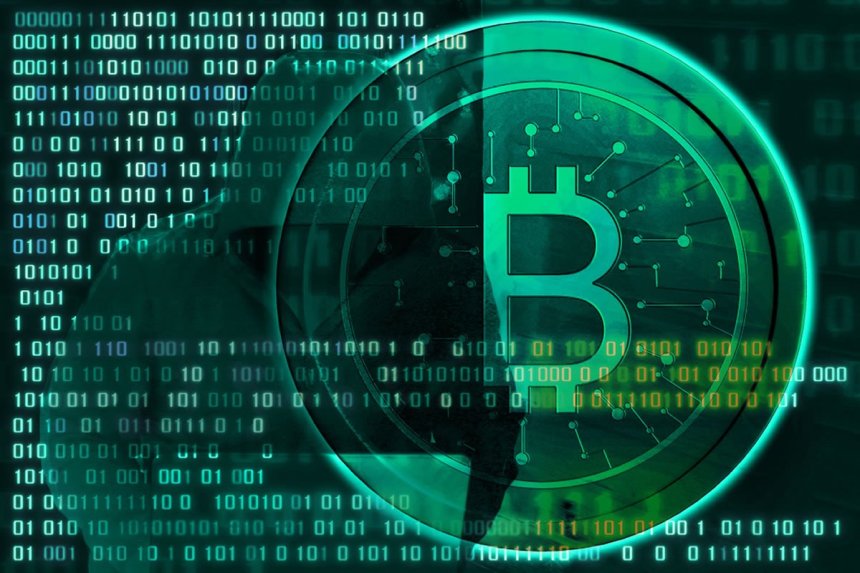Reason to trust

How Our News is Made
Strict editorial policy that focuses on accuracy, relevance, and impartiality
Ad discliamer
Morbi pretium leo et nisl aliquam mollis. Quisque arcu lorem, ultricies quis pellentesque nec, ullamcorper eu odio.
A local Arizona police department is warning residents in the area of a potential blackmail scam involving Bitcoin.
Paradise Valley Residents Receive Threatening Letter Demanding Bitcoin
Paradise Valley, Arizona police department is warning residents via its official social media accounts of a blackmail letter being sent around that attempts to scare recipients of the letter into sending Bitcoin or risk having their dirty laundry exposed. The letter, which appears to try and extort $9,200 in Bitcoin from Paradise Valley residents, was sent by snail mail and includes text threatening to expose “evidence” of an affair.
“I know about the secret you are keeping from your wife and everyone else,” the letter reads.
The blackmail letter is authored by a criminal going by the alias GreyCircle54 and claims to know about a “secret” and even claims to have “evidence” of this secret. GreyCircle54 essentially claims that they weren’t specifically targeting the person, and did not “go out looking to burn” the recipient of the letter, however, they happened to discover the “evidence” and are using it to threaten innocent individuals that may have a guilty conscience.
Related Reading: Another Rapper Sued in Alleged Crypto Scam
GreyCircle54 gives the recipient two “paths:” pay up, or be exposed.
The scam is only effective if the recipient is having an affair, however, it was enough to frighten Paradise Valley residents into reporting the issue to the local authorities. Police have a copy of the letter as evidence.
Bitcoin Blackmail Scam Makes Return After FTC Warning
This isn’t the first time this Bitcoin blackmail scam reared its ugly head. Back in August, the United States Federal Trade Commission (FTC) Division of Consumer and Business Education, whose mission is to educate consumers on how to protect themselves, issued a warning via a blog post entitled “How to avoid a Bitcoin blackmail scam.”
The FTC back then called it a “new” scam targeting men, and denounced the practice as a “criminal extortion attempt to separate people from their money.” The FTC recommends anyone who receives a similar letter report it to local authorities, as residents did in Paradise Valley, or to report it to the Federal Bureau of Investigation (FBI).
Beware of Bitcoin Scams in By Mail, and on Social Media
Cyber criminals are always seeking ways to part investors from their cryptocurrency assets. However, by being extra careful and paying attention for warning signs, scams can often be identified before falling prey to a scammer. The FTC points out that scams like the Bitcoin blackmail letter often contain “classic signs” like “threats, intimidation, and high-pressure tactics.”
Related Reading: Indian Teen Threatens to Blow Up Airport Over Bitcoin Scam
Another classic warning sign: If something looks too good to be true, it probably isn’t. Such is the case with another type of Bitcoin scam, in which Twitter accounts market a “giveaway” to their followers. Twitter users are invited to send a small portion of a cryptocurrency to a wallet address, and in return, the user will receive a much larger sum of cryptocurrency. The “giveaway” is often riddled with spelling errors, and it makes little sense for corporations or public figures to give cryptocurrency away or need to receive some in advance to be able to send more in return – yet thousands of dollars worth of Bitcoin are lost to these scams daily.
Image from Shutterstock




















